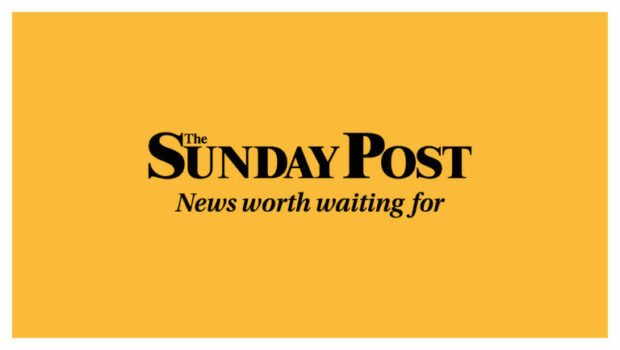
If Godwin’s Law – named after the US attorney who invented it – suggests the longer any internet discussion continues, the more likely it is that someone will make a Nazi analogy, then MacGodwin’s Law would mean any row about Scottish nationalism will inevitably lead to one side accusing the other of Trumpism.
Last week, both sides pointed the finger almost simultaneously after the first minister told supporters this is no longer about independence but democracy.
Happed up outside Holyrood as winter bit, Nicola Sturgeon told a Yes rally the Supreme Court’s flat refusal to countenance her government unilaterally legislating for another independence referendum had raised the stakes.
If voters choose a majority of MSPs who explicitly support a referendum then it is called a mandate, she thundered, and, for anyone – well, Westminster – to foil that mandate is an affront to the very principles of democracy.
She was – and is – absolutely right. Of course, the SNP-Green coalition has a mandate for a referendum and the UK Government should stop dancing on the head of a pin trying to deny it.
Meanwhile, unionists are also right when they splutter the first minister has a brass neck to talk about democracy when her promise to respect the 2014 result lasted about as long as a roll and sausage.
That hardening conviction on both sides, and the claims that both are the only true defenders of democracy, is just one reason why our interminable constitutional debate ploughed into the dark last week, with the clutching of pearls and talk of dangerous populism and Donald Trump.
It is too much, too melodramatic, and too polarising in a country already split right down the middle. Frankly, Scotland does not need any more flags and facepaint claptrap from the SNP or faux outrage and whataboutery from their opponents.
We need what we have needed every day since 2014: calm, serious voices suggesting compromise and shades of grey instead of dogma and bludgeoning black and white.
For example, Nicola Sturgeon’s strident insistence that refusing to allow a referendum next year is an affront to the democratic rights of every Scot would carry more weight if more than 30% of us actually wanted a vote next year.
In normal times, her mandate for a referendum should have been honoured – and allowed to be honoured – but, whatever normal times look like, it’s not now, just after a global pandemic and just before an economic catastrophe.
Scotland has not turned a wheel in eight years with everything that matters, from transport and the NHS to the economy and education stuck in the mud as politicians bark about constitutional hypotheticals.
No amount of constitutional reform or devolution of powers is likely to quash the desire of so many Scots for independence so we may well be stuck in this doom loop of chunter until a second vote decides it for good, one way or another.
However, the time for a Yes/No vote on such a complex issue is not when we are split 50/50 and Donald Trump has just entered the debate.

Enjoy the convenience of having The Sunday Post delivered as a digital ePaper straight to your smartphone, tablet or computer.
Subscribe for only £5.49 a month and enjoy all the benefits of the printed paper as a digital replica.
Subscribe